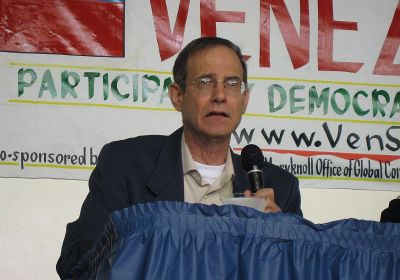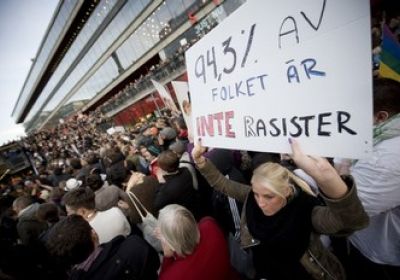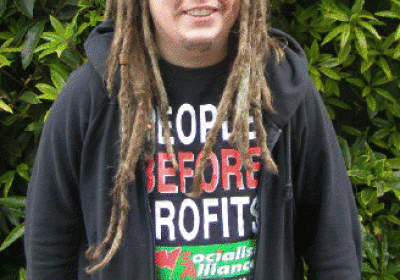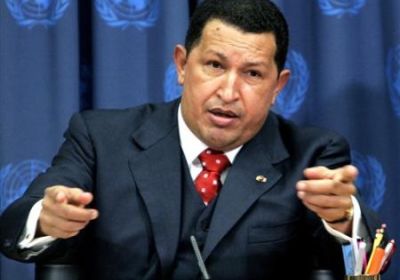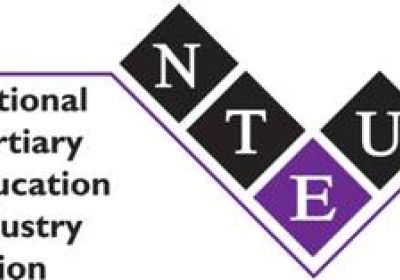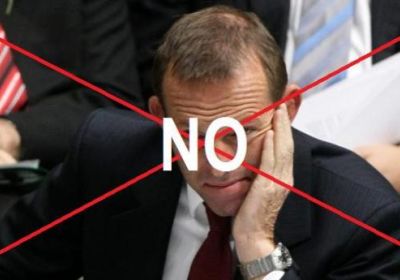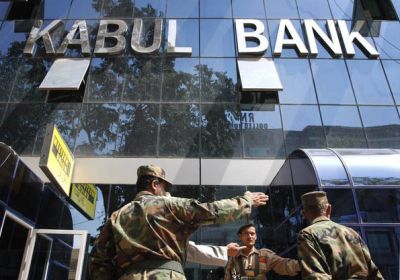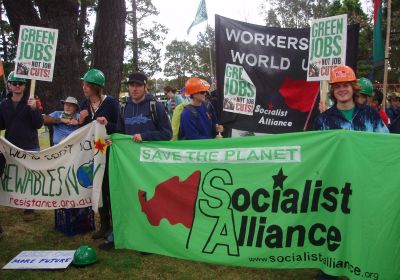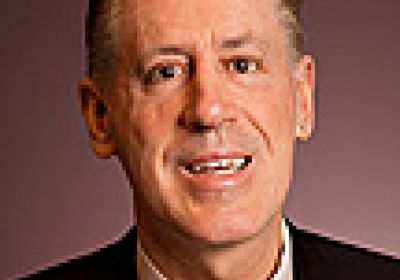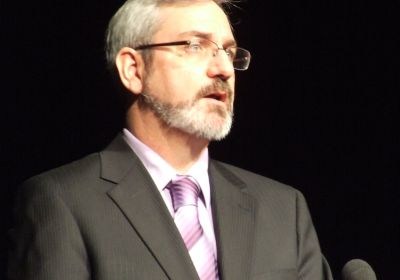
Venezuela’s September 26 National Assembly elections gave an interesting insight into the state of class struggle in a country sharply polarised by the revolutionary changes led by the government of President Hugo Chavez.
The significance lies in the vote occurring after 11 years of the Chavez-led Bolivarian revolution, which has resulted in big improvements in the living standards of the poor majority.
